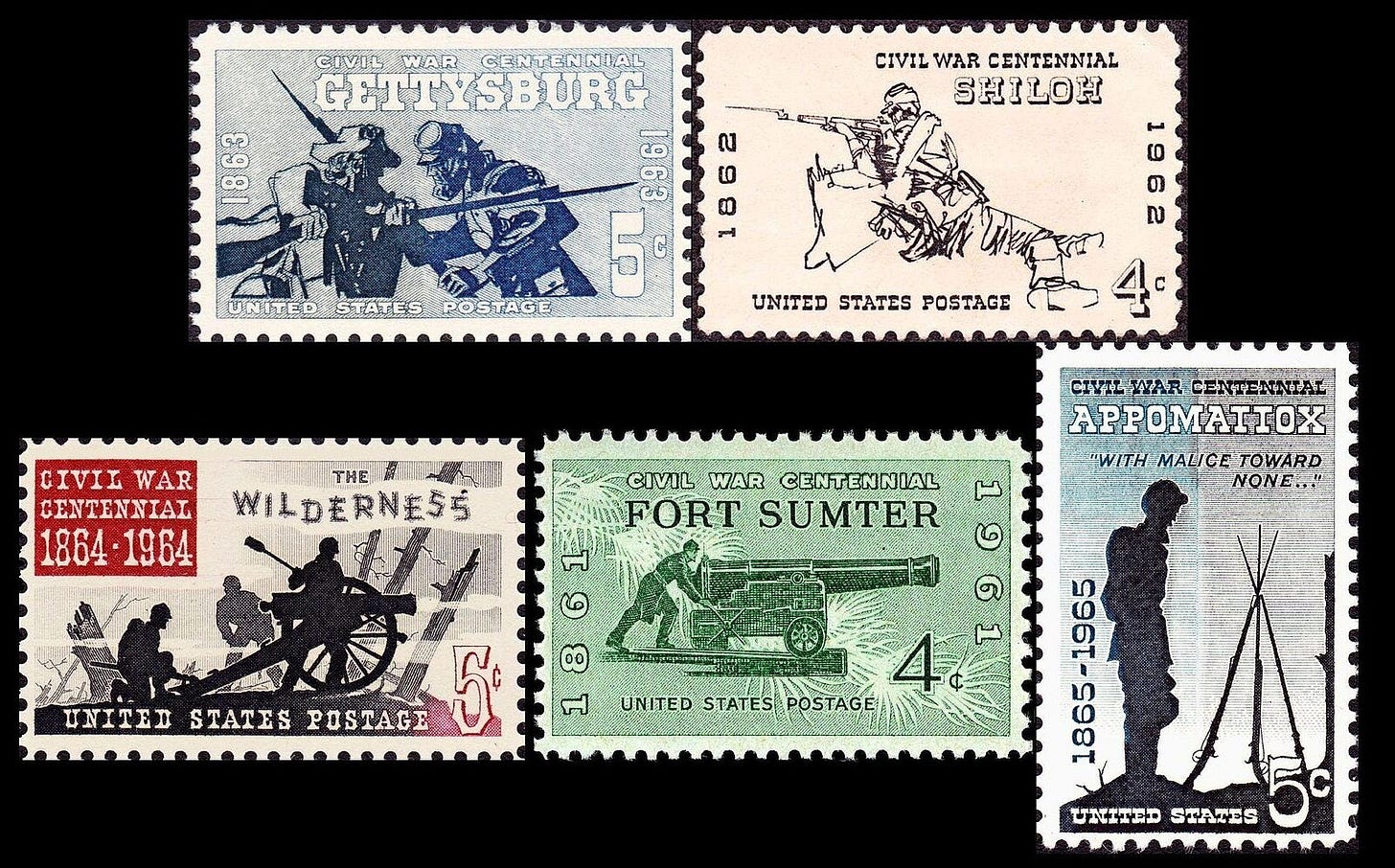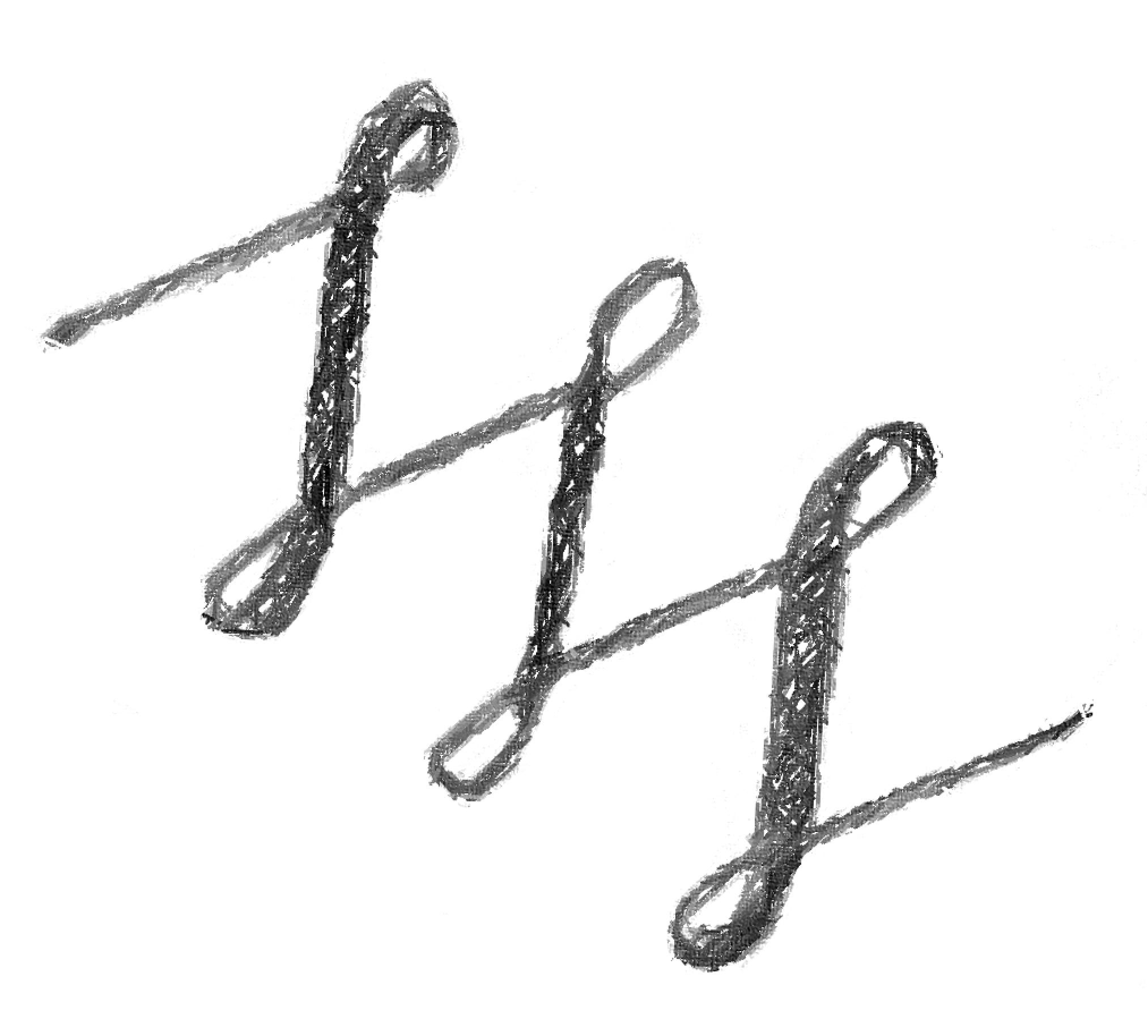Hi all,
Thank you for joining me for today’s song, “Johnny, I Hardly Knew Ye”, sung by The Irish Rovers. If you’d like to hear the song before you read the background, I’ve included a YouTube video below the article.
Below, you’ll find my interpretation of the lyrics (written in italics). For Japanese students, vocabulary words in bold are provided in Japanese below.
✳️ Note: The level of this article is for students with a TOEIC of 550+, Eiken Pre-1, CEFR B2. For Japanese students, vocabulary words in bold are provided in Japanese below.

(782 words)
The lyrics were written by Joseph B. Geoghegan, and the song was first published in London in 1867 (1). The lyrics are written in a Irish accent, so some of the words might be new to readers. Ye is a way to pronounce you.
It’s a song about a soldier coming home from a war. He’s walking along a road to a small town called Athy in Ireland. He’s carrying a stick, or perhaps he’s using a cane to help him walk. He might have a tear in his eye because he is returning home. He hears a doleful (sad) damsel (young woman) cry (scream). The reason she was so surprised was that this man was her husband, but she didn’t recognize him. She says, “Johnny, I hardly knew you.” In other words, “I didn’t know it was you.” The rest of the song is sung from her point of view.
When goin' the road to sweet Athy, hurroo, hurroo
When goin' the road to sweet Athy
A stick in me hand and a drop in me eye
A doleful damsel I heard cry
Johnny, I hardly knew ye
The chorus of the song repeats drums and guns in a rhythm that sounds like marching. Some people believe the word hurroo could be a word showing sorrow or it could be a kind of ironic use of “hurrah”. It might simply be a filler word to match the tempo (2).
With your drums and guns and guns and drums, hurroo, hurroo
The enemy nearly slew (killed) ye
Oh, my darling dear, Ye look so queer (strange)
Johnny, I hardly knew ye
The young woman looks at her husband and sees that he has lost his sight in the war. She remembers his eyes as being kind and gentle, and that was one reason he charmed her and she fell in love with him. She asks why he left her and their child to go off to war.
Where are the eyes that looked so mild, hurroo, hurroo
When my poor heart you first beguiled
Why did ye run from me and the child
Oh, Johnny, I hardly knew ye
She also sees that he has lost good use of his legs.
Where are the legs with which you run, hurroo, hurroo
When first you went to carry a gun
Indeed your dancing days are done (over)
Johnny, I hardly knew ye
Ye haven't an arm, ye haven't a leg, hurroo, hurroo
Ye're an armless, boneless, chickenless egg
Ye'll have to left with a bowl out to beg
Johnny, I hardly knew ye
In spite of everything, she is glad to see that he has come home from the war.
The lyrics mention “the island of Sulloon”. According to historical accounts (1), Irishmen fought in Ceylon which is now Sri Lanka when the British were defending the property of the East India Company in the early 1800s. The Irish also fought in India in the late 1800s (3).
I’m happy for to see ye home, hurroo, hurroo
All from the island of Sulloon
Johnny is so thin that she can almost see his bones.
So low in flesh, so high in bone
Johnny, I hardly knew ye
In the Joan Baez version, there is a final verse:
They're rolling out the guns again, hurroo, hurroo
But, they never will take our sons again…
Johnny, I'm swearing to you
American version
This song was also sung during the Civil War in the U.S. (1861-1865) by both the soldiers of the northern and southern armies. It was sung as When Johnny Comes Marching Home.

The version of the song that is well-known in the U.S. has lyrics that are much more upbeat, even celebratory:
When Johnny comes marching home again
Hurrah! Hurrah!
We'll give him a hearty (warm) welcome then
Hurrah! Hurrah!
The men will cheer, the boys will shout
The ladies, they will dance about
And we'll all be there
When Johnny comes marching home
The young people will celebrate by ringing the church bells and throwing flowers along the road.
The old church bells will peal with joy / To welcome home that daring boy / The village lads and lassies, they / Will scatter roses by the way…
A jubilee is a special celebration of an event. “Three times three” means that they will give a cheer three times, for example, “Hip, hip, hooray!” shouted three times. The people will put a laurel wreath on Johnny’s head. A laurel wreath is used as a symbol of victory.
Get ready for the jubilee / We'll give the hero three times three / The laurel wreath is ready now / To place upon his loyal brow…
Question:
Which of the songs was probably used to keep up the spirits of the people and the soldiers?
Which one do you think represents the realities of war?
Vocabulary
cane 杖
recognize 認識する
beguile 惑わす
beg 物乞する
account (歴史的な)説明
flesh 肉、筋肉
celebratory お祝い (adj.) celebrate (v.)
Hurrah! 万歳!
laurel wreath 月桂冠 (月桂冠 月桂冠は、芳香のある常緑広葉樹である月桂樹 (laurus nobilis) の枝と葉を組み合わせて作られた円形の花輪で、後には棘のない肉屋のほうきから作られました。 ギリシャ神話では、アポロンは頭に月桂冠をかぶった姿で描かれています。)
loyal 忠実
Quote from the Joni Mitchel website (4):
Originally seen as humorous, the song today is considered a powerful anti-war song.
Sources
(1) https://voices.pitt.edu/TeachersGuide/Unit%204/JohnnyIHardly.htm
(2) https://forum.wordreference.com/threads/hurroo.689160/
(4) https://jonimitchell.com/music/song.cfm?id=657
Other versions:
Joan Baez version:
Janis Ian acapella version:
Isla Cameron - Johnny I Hardly Knew Ye (1963)







Interesting history of this song which I first heard during the Vietnam era. The original version should be sung at every recruiting office.
Oh Louise, you carry such string mementoes of a past life for me in this letter… I must have heard this song in all its versions at least twice a week on the radio when I lived in Ireland, it never fails to bring a tear!